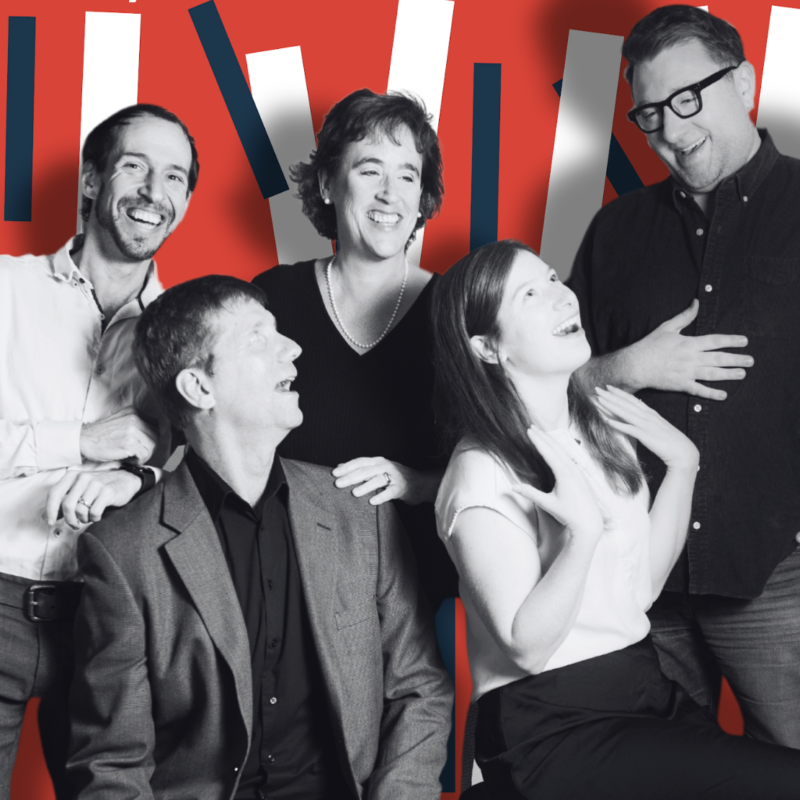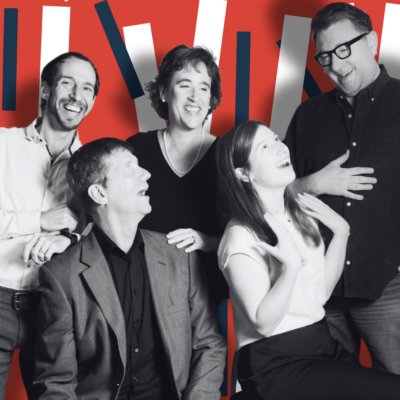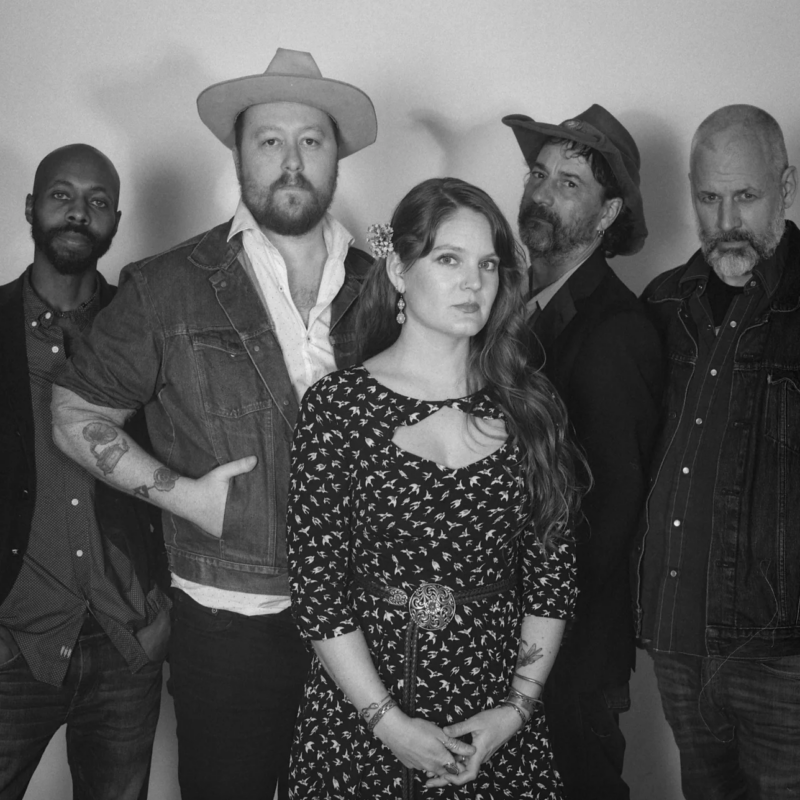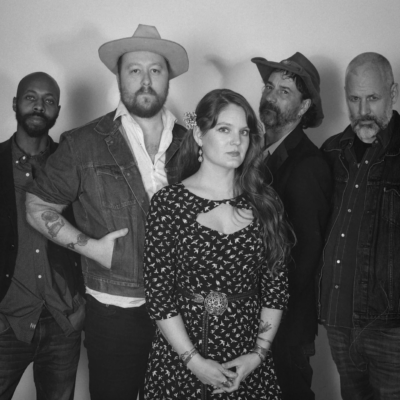Maybe it’s to Woody Allen’s advantage that his golden age is presumed to be behind him. It makes it easy to accept this 75-year-old writer-director as a good-humored nostalgist who understands the basic problem with nostalgia: There’s no future in it. Arguably, Allen displayed that awareness in some of his other late films, but in Midnight in Paris, a deceptively light comedy, he’s struck an agreeable balance between ruefulness and a romping good time.
|
|
Gil Pender (Owen Wilson) is a successful Hollywood screenwriter who calls himself a hack and wants to be a novelist. Gil can afford a luxe Paris vacation with his spoiled fiancée Inez (Rachel McAdams) and her dreary parents (Mimi Kennedy and Kurt Fuller), but that doesn’t mean he can manage it. To the dismay of Gil’s family, Paris puts a spell on him, and he soon confesses his temptation to stay there and be a proper expat writer, like they did back in the day. Inez doesn’t empathize, and the arrival of her pompous old professor friend (Michael Sheen) only makes Gil feel worse.
So when, in an alley at midnight, a 1920s-era Peugeot pulls up and its passengers offer Gil a ride, he’s ready to accept, and when they turn out to be Scott and Zelda Fitzgerald (Tom Hiddleston, Alison Pill), he couldn’t be more thrilled. Of course we can see where this is going. The time travel thing has been done before, by Allen himself and others before him, but that might be the point. Novelty, after all, is just another face of the nostalgia trap, and modern really is the new old-fashioned.
Memorable new friends include Ernest Hemingway (Corey Stoll), Salvador Dalí (Adrien Brody) and Gertrude Stein (Kathy Bates), all of whom have useful advice to impart and are played with deep delight. Then there’s Marion Cotillard as the resident muse Adriana, who takes special interest in Gil after telling him he seems lost. He takes it as a compliment, just like anyone would if the apparent official mistress of the Lost Generation looked at them with eyes like those.
To quote Allen’s own Manhattan, Gil’s view of 1920s Paris romanticizes it all out of proportion, but he isn’t the only one who thinks the grass is always greener. Adriana claims that the real time to be alive was the Belle Epoque, and Gauguin and Degas are soon on hand saying it was the Renaissance. That’s how Midnight in Paris rolls. “The people who live in a golden age,” Randall Jarrell wrote in 1958, “usually go around complaining how yellow everything looks.” And what other living director would we trust to make an entertaining movie out of that?
Wilson, a surfer-dudey nebbish, makes an intriguing addition to the ongoing parade of Allen alter egos. His dreamy melancholy is well deployed here, with greater sincerity and softer edges than the on-screen Allen ever had. He’s good for a cozy, forlorn comedy about indulging illusions and giving them up.
Midnight in Paris amounts to a vivid and poignant souvenir postcard. But oh, wow, postcards. Remember those?
/9.jpg) In Woody Allen’s latest film, Owen Wilson finds himself in the Parisian stomping grounds of the Lost Generation, mixing with a full cast of expatriate writers and artists. (Left to right: Michael Sheen, Lea Seydoux, Rachel McAdams and Wilson.)
In Woody Allen’s latest film, Owen Wilson finds himself in the Parisian stomping grounds of the Lost Generation, mixing with a full cast of expatriate writers and artists. (Left to right: Michael Sheen, Lea Seydoux, Rachel McAdams and Wilson.)




